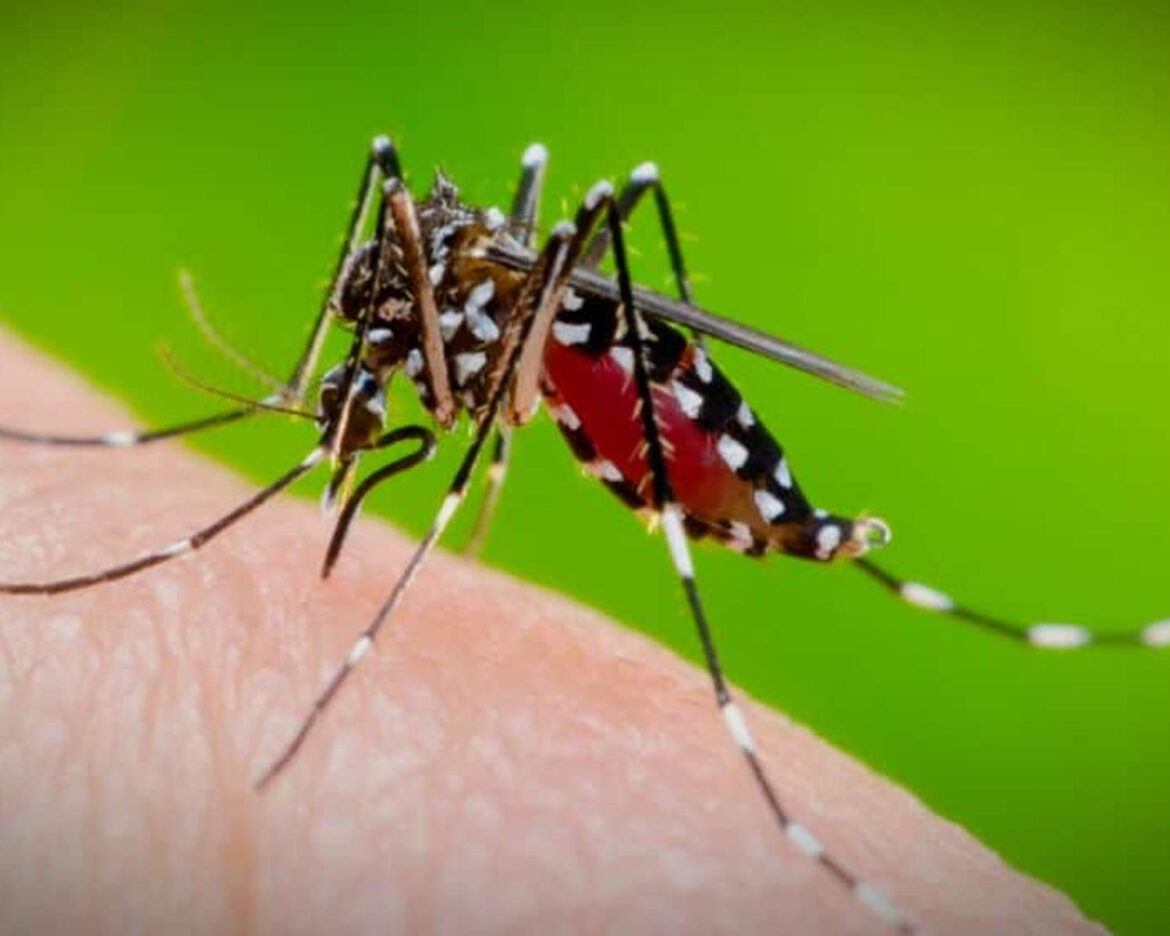The Ministry of Health has issued an urgent advisory in response to a significant surge in dengue fever cases across the country. The advisory comes as the virus spreads rapidly, overwhelming healthcare facilities and threatening to spiral out of control.
In a statement released earlier today, Health Minister Dr. Ayesha Rahman emphasized the growing severity of the outbreak, warning citizens to take immediate precautions as cases continue to rise. “The situation has escalated faster than anticipated, and we are now seeing widespread transmission in both urban and rural areas,” Dr. Rahman said. “Our healthcare system is under immense strain, and we need all citizens to do their part in mitigating the spread of the disease.”
Surge in Cases
The country has reported a nearly 50% increase in dengue cases over the past month, with several regions now experiencing outbreaks. Hospitals in major cities are reporting a high number of patients, particularly those requiring hospitalization for severe cases of the virus, which can lead to complications such as hemorrhagic fever and dengue shock syndrome.
Experts warn that the risk of a full-blown epidemic remains high, particularly as the rainy season continues, creating ideal breeding conditions for mosquitoes. The World Health Organization (WHO) has also raised concerns about the rapid spread of the disease in the region, noting that several countries are experiencing similar outbreaks.
Public Health Measures
In response to the crisis, the Health Ministry has rolled out several emergency measures:
- Increased Surveillance: Public health teams have been deployed across affected regions to monitor and contain outbreaks, while mosquito control operations have intensified.
- Public Awareness Campaigns: Authorities are urging citizens to eliminate mosquito breeding grounds by removing standing water from containers, tires, and other items around their homes.
- Healthcare Support: The government is providing additional funding to hospitals and clinics to ensure sufficient medical staff and resources, including dengue-specific treatments and support for intensive care units (ICUs).
- Travel Advisory: Travelers are being advised to take extra precautions, including wearing protective clothing, using insect repellent, and avoiding areas with high mosquito activity.
Health Minister’s Appeal
“We are at a critical juncture,” Dr. Rahman continued. “The public must take proactive measures to protect themselves and their communities. If you experience symptoms such as high fever, severe headache, pain behind the eyes, joint pain, or skin rashes, seek medical attention immediately.”
The Health Ministry is also urging local governments to step up efforts to improve sanitation and waste management, which are key to controlling mosquito populations.
Global Response
International organizations, including the WHO and the Centers for Disease Control and Prevention (CDC), are coordinating with national authorities to support the response. “Dengue is a preventable disease, but it requires concerted action from all levels of society,” said Dr. Javier Lopez, WHO’s Regional Director for Southeast Asia. “We encourage countries facing outbreaks to act quickly to minimize the impact on public health.”
Preventive Measures
Experts recommend the following actions to reduce the risk of dengue:
- Use mosquito repellent with DEET or picaridin.
- Wear long-sleeved shirts and long pants, especially during early morning and evening hours.
- Eliminate mosquito breeding sites by emptying or covering water containers, and clearing clogged gutters.
- Seek medical care immediately if you suspect you have dengue fever.
The Health Ministry has stressed that the next few weeks will be crucial in managing the outbreak and preventing further spread. Citizens are urged to remain vigilant and follow the guidance provided by health authorities.



